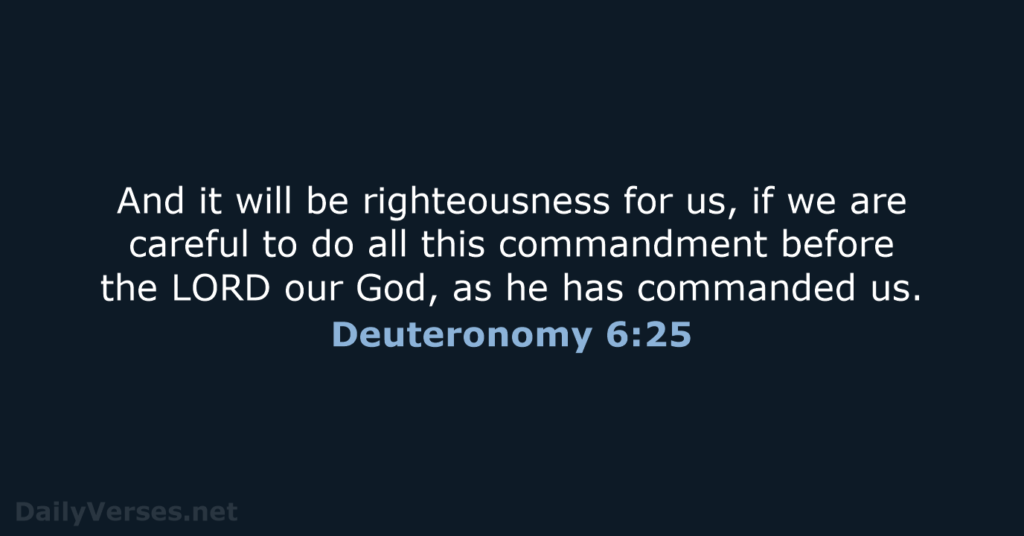There is no better way to learn Bible verses and Scripture than by writing them down. Using a scripture journal, you can do that easily. Not all of us have the discipline to do it, though—I know I don’t. Taking time to look over my notes every day helps me focus more on what God wants me to do and less on what I want to do. That’s why I’ve created this site for you—to help you come up with your own awesome way to journal scripture in your daily life.
We’ve seen countless blog posts and catchy billboards with numerous bible verses about observing. However, the majority of them are lacking just one thing — motivation. The word Bible is from Greek language where the word means “good book”, but that’s only one meaning, of course. The other meaning associated with the word Bible is “The Book”. Many people use this definition when referring to their favorite book or collection of books so it can be difficult to tell whether someone is referring to the Christian holy book or not if they use this word. When it comes to personal development and enjoyment a lot of individuals will refer to their favorite book as their bible.

Bible Verses About Observing
The Bible contains many references to observing times, seasons, and dates. Observing a time or season means keeping track of it so that you can be prepared for its arrival or ready for the event that happens during that time period.
Here are some examples:
1 Chronicles 16:40 “Let us exalt Him also in our days, so that we may be saved from the days of wrath” (NKJV). This verse indicates that we should be watching for God’s coming vengeance upon sinners and prepare ourselves for it by living holy lives today.
Deuteronomy 4:10 “I have set before you life and death,” says the LORD. “If you obey the commandments of the LORD your God which I command you today, by loving the LORD your God, by walking in His ways, and by keeping His commandments and His statutes and His ordinances, then you shall live and multiply” (NKJV). This verse tells us how to live a blessed life here on earth – by obeying God’s commands and observing His holy times.
The Bible is full of verses that talk about observing times. Here are some examples:
“When you are observing the Feast of Unleavened Bread, you must eat unleavened bread for seven days. Do not eat anything that has yeast in it.” (Exodus 12:15) The Feast of Unleavened Bread is the first festival in the Jewish calendar. It commemorates when God delivered the Israelites from slavery in Egypt. The Israelites were commanded to observe this feast for seven days every year by eating only unleavened bread during those seven days.
“The seventh day is a Sabbath to the LORD your God; you shall not do any work on it.” (Exodus 20:10) This commandment tells us to observe a Sabbath day each week where we don’t do any work or have any fun activities — just spend time with God and rest! We also need to remember that Jesus said He is our Sabbath rest (see Matthew 11:28-30).
In order to obey God’s commands, we need to choose what we observe carefully and make sure it aligns with His Word and will. If something doesn’t line up with what God says or if it seems like there’s too much pressure around this activity, then maybe
“He who observes the wind will not sow; and he who regards the clouds will not reap.” (Ecclesiastes 11:4)
“Observe the Sabbath day, to keep it holy, as the Lord your God commanded you. Six days you shall labor and do all your work, but the seventh day is a sabbath to the Lord your God.” (Exodus 20:8–10)
“I hope in your word, which is my lamp and my light; I hope for your word, which is my salvation.” (Psalm 119:105)
“And they said to one another, ‘Behold, this dreamer is coming!'” (Genesis 37:19)
“And he said to them: ‘Take heed what you hear; with what measure you use, it will be measured to you.'” (Mark 4:24)

Observing times in the Bible
Observing times in the Bible is a great way to honor God, but it is also important to remember that we show love for others by obeying God and loving our neighbors. The following are some Bible verses about observing times.
- “And the days of unleavened bread, when you shall eat unleavened bread, shall be fulfilled, seven days; and on the eighth day shall be a solemn assembly to you: neither shall you do any work therein: it is the feast of unleavened bread unto the Lord.” Leviticus 23:6-7
2.”But I say unto you which hear, Love your enemies, do good to them which hate you, bless them that curse you and pray for them which despitefully use you.” Luke 6:27-28
3.”Blessed are those who mourn for they will be comforted.” Matthew 5:4
The Bible says, “The eyes of the Lord are in every place, beholding the evil and the good” (Proverbs 15:3). It also says, “We walk by faith, not by sight” (2 Corinthians 5:7).
What does that mean? It means that God sees everything we do. He knows what we’re thinking about and how we’ve treated others. He sees our motives for doing things — even if we don’t.
But even though God sees everything we do, He doesn’t judge us by our actions alone. The Bible tells us that Jesus’ death on the cross paid for all our sins—past, present, and future—sso we can be forgiven for anything we’ve ever done wrong. We don’t have to worry about what God thinks of us because He already loves us unconditionally.
